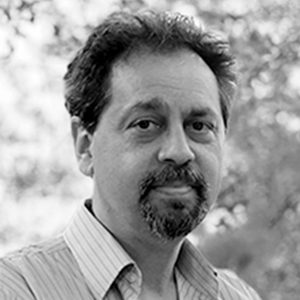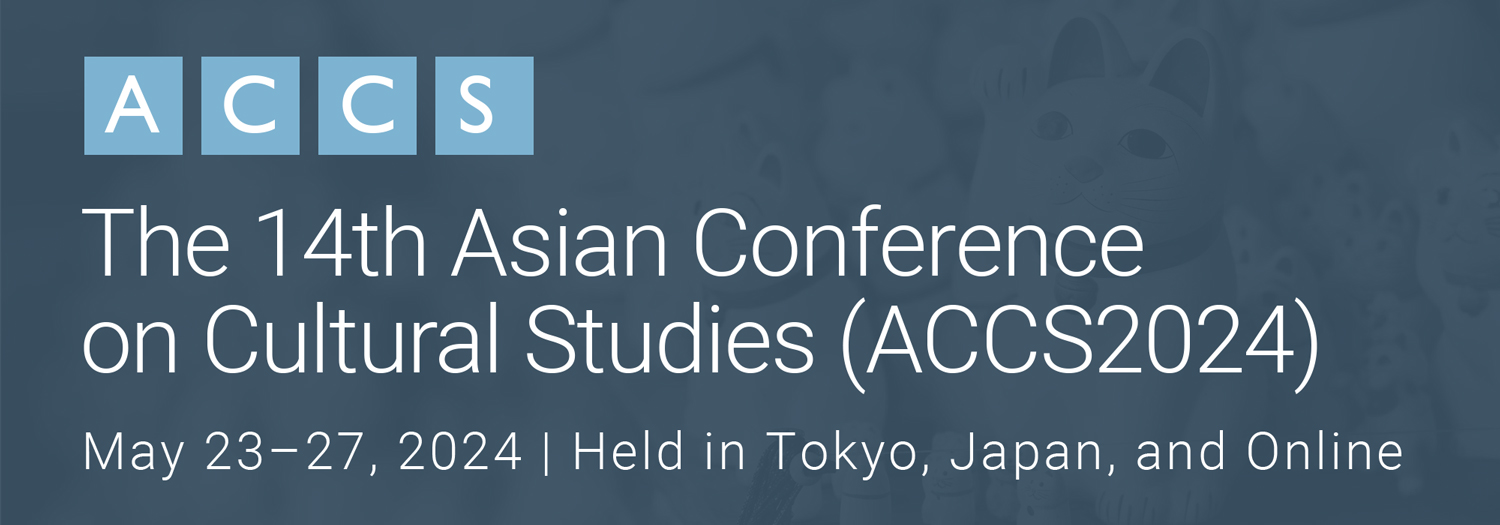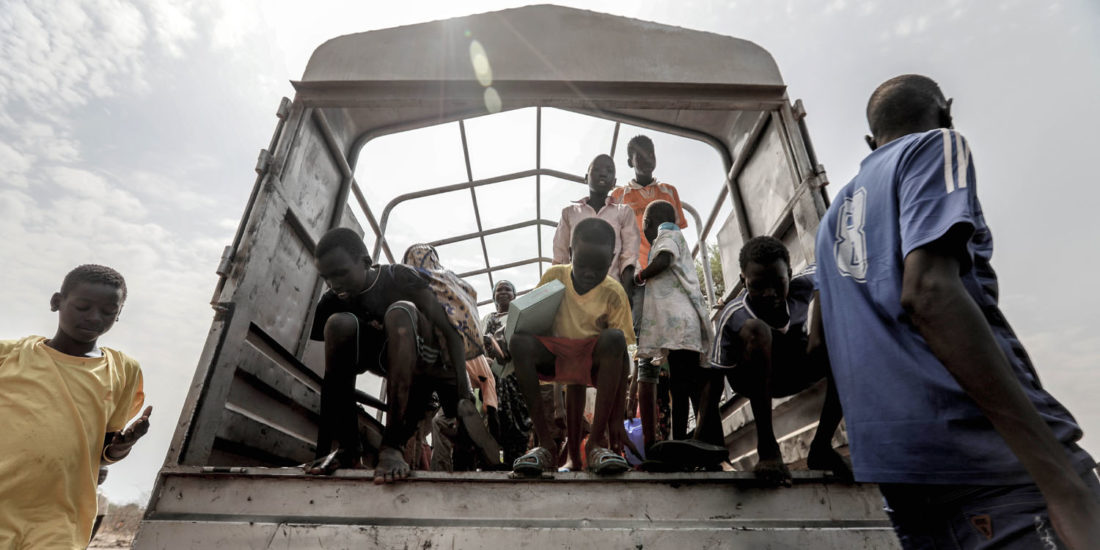“Democratising Displacement: Paths to Political Inclusion for Refugees, Asylum Seekers and Internally Displaced Persons” by Max Pensky of Binghamton University, United States, has been announced as a keynote to be presented at The 13th Asian Conference on Cultural Studies (ACCS2023) and The 13th Asian Conference on Asian Studies (ACAS2023).
The ACCS/ACAS2023 Organising Committees are currently calling for papers to be presented at the joint events. Submit your abstracts by March 3, 2023 to participate.
To participate in ACCS/ACAS2023 as an audience member, please register for the conference.
This plenary will also be available for IAFOR Members to view online. To find out more, please visit the IAFOR Membership page.
Abstract
Democratising Displacement: Paths to Political Inclusion for Refugees, Asylum Seekers and Internally Displaced Persons
The world is experiencing a crisis of forced displacement. The global population of persons displaced from their communities by armed conflict, persecution, atrocity risk, natural disasters, economic desperation, climate change, or some combination of all these factors, has doubled over the last ten years to a record of over 100 million in 2022 – equivalent to the sixth most populous nation on earth.
A routinely overlooked factor unites this enormous and diverse populace – even when fleeing from authoritarian or failed states and arriving at democratic ones, displaced persons experience a comprehensive exclusion from democratic politics. Even in cases where the host country is relatively welcoming, it frequently regards its population of displaced persons as passive, needy recipients that require aid and government services. Translated into refugee policy, this view of displaced persons contributes to the loss of individual and collective political agency that the displaced have already experienced. Often greeted with fear and suspicion, displaced groups' own initiatives for self-organisation and agency frequently fail.
Displaced persons need access to democracy. But what paths are open to more inclusion? What novel political and policy experiments might identify these paths? What could help build host countries' political will to accept more democratic inclusion of their refugee populations?
Speaker Biography
Max Pensky
Binghamton University, United States
 Max Pensky is Co-Director of the Institute for Genocide and Mass Atrocity Prevention (I-GMAP) at Binghamton University, the State University of New York, United States, where he is also a Professor of Philosophy. He oversees multiple research initiatives at I-GMAP, including projects on forced displacement and international refugee law. His published research focuses on international criminal law, transitional justice, and political theory. His books include Authoritarianism: Three Inquiries in Critical Theory (University of Chicago Press, 2018) (with Wendy Brown and Peter Gordon), The Ends of Solidarity (State University of New York Press, 2009), and Melancholy Dialectics: Walter Benjamin and the Play of Mourning (University of Massachusetts Pr, 1993). He has held fellowships at Johann-Wolfgang Goethe University Frankfurt, Cornell University, and Oxford University.
Max Pensky is Co-Director of the Institute for Genocide and Mass Atrocity Prevention (I-GMAP) at Binghamton University, the State University of New York, United States, where he is also a Professor of Philosophy. He oversees multiple research initiatives at I-GMAP, including projects on forced displacement and international refugee law. His published research focuses on international criminal law, transitional justice, and political theory. His books include Authoritarianism: Three Inquiries in Critical Theory (University of Chicago Press, 2018) (with Wendy Brown and Peter Gordon), The Ends of Solidarity (State University of New York Press, 2009), and Melancholy Dialectics: Walter Benjamin and the Play of Mourning (University of Massachusetts Pr, 1993). He has held fellowships at Johann-Wolfgang Goethe University Frankfurt, Cornell University, and Oxford University.

